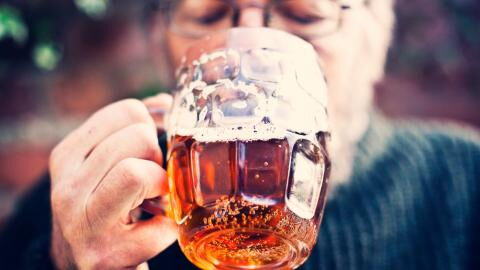Data collected by researchers from the University of Michigan has found that people requiring alcohol-consumption related liver transplants have increased significantly since COVID-19.
Discover our latest podcast
More alcohol consumption during pandemic
In the U.S. alone, the national waitlist for people waiting to get a liver transplant has shot up compared to the previous five years before the pandemic hit. Between June 2020 to January 2021, the number of people registered on the wait list for a liver transplant to treat an alcohol-related disease increase by a staggering 60% relative to pre-pandemic times.
Interestingly, the commercial sale of alcohol products also skyrocketed during the pandemic—especially at the height of social restriction measures. Researchers explained that:
While we cannot confirm causality, this disproportionate increase in association with increasing alcohol sales may indicate a relationship with known increases in alcohol misuse during COVID-19.
An increase in alcoholic hepatitis
Several studies have already confirmed the upsurge in alcohol sales during the pandemic. One in particular, conducted by the nonprofit RTI International found that liquor sales went up in the spring of 2020 and remained higher than normal throughout the rest of the year.
Medical experts believe that the stress and anxiety observed during that specific period is directly correlated with higher amounts of alcohol being consumed as a coping mechanism. Another study, also carried out by researchers from the University of Michigan, found that alcoholic hepatitis rose during the pandemic.
Alcoholic hepatitis is a serious medical condition in which the liver becomes enflamed as a result of excessive alcohol consumption which can lead to the need for a liver transplant. If left untreated, death is assured. According to one survey, between March 2020 and January 2021, 2.4% of those requiring a liver transplant had alcoholic hepatitis—an increase from the 1.4% the year before.















